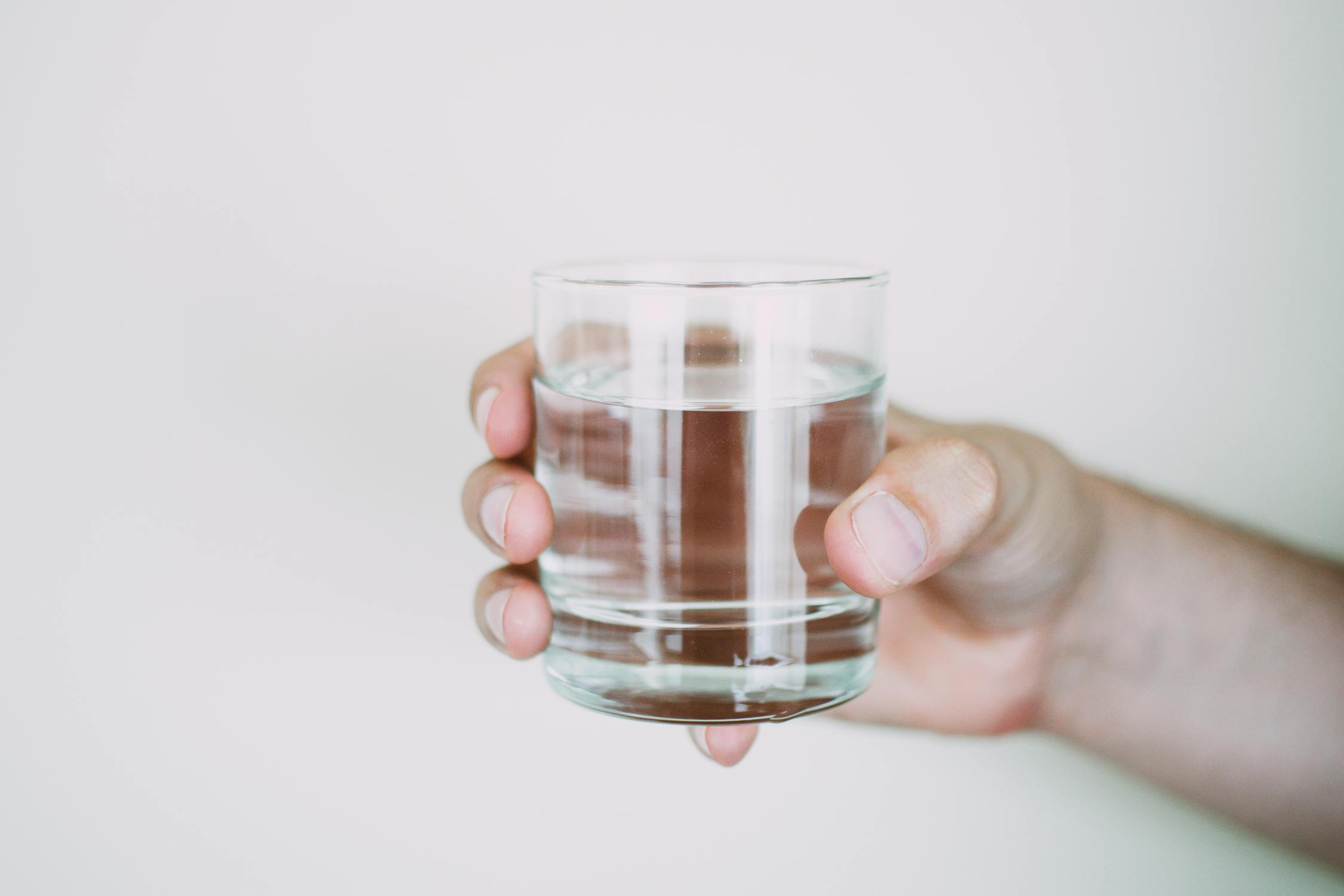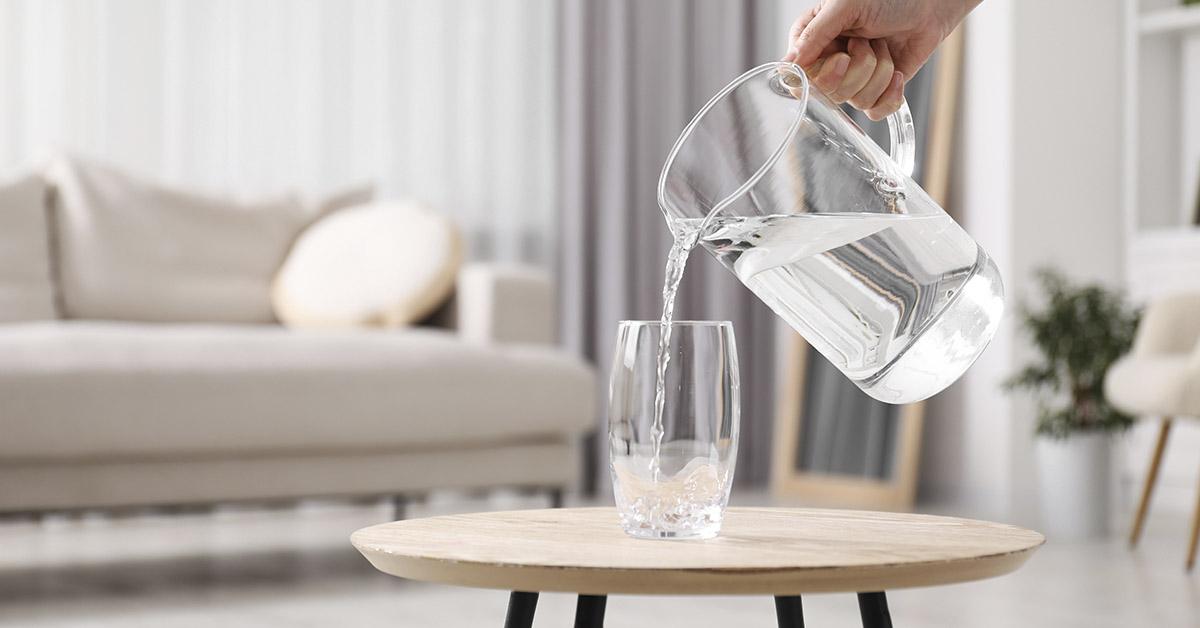The cold vs. warm water debate starts with something simple: what temperature should your water be? Some people always reach for ice-cold water, while others prefer it straight from the tap. It might seem like a small choice, but the temperature of your water actually affects your body in a few surprising ways. From digestion to hydration to how you feel after a workout, cold and room temp water can lead to very different experiences. We looked into research and health expert opinions to bring you the facts. These seven eye-opening insights might change how you drink water going forward. They’ll help you figure out which option makes more sense for your body and your routine.
Digestion Changes Based on Water Temperature

Drinking cold water can affect digestion in ways many people do not expect. While there are no confirmed studies proving this, many people report that cold water can slow down your digestive process This might be because it causes blood vessels in your stomach to tighten slightly. That can make it harder for your body to break down food, especially fatty meals. Some nutritionists believe that drinking ice water with meals might even cause fats to solidify, making them more difficult to digest. In fact, individuals with specific conditions like achalasia or irritable bowel syndrome (IBS) may experience worsened symptoms when consuming cold water, according to researchgate. In contrast, room temperature or warm water may support smoother digestion. It helps dissolve nutrients and fats so they can move through the digestive system more easily. In holistic medicine, warm water is often recommended to stimulate digestive organs. People who deal with bloating or stomach cramps may feel better drinking room temp water with meals. If you often feel heavy after eating, consider switching to warmer water to see if it helps.
Cold Water Helps Cool You Down Quickly

If you are hot and sweaty, nothing feels better than a cold glass of water. Cold water not only tastes more refreshing on a hot day, it also helps lower your core body temperature. This can be especially helpful after physical activity or during the summer. Research shows that cold water cools the body more effectively than warm water. Athletes often rely on it to bring their body temperature back to normal after intense workouts. Cold water can also make you feel more awake and alert. However, drinking it too quickly may cause discomfort like brain freeze or slight stomach cramping. It is best to sip slowly instead of gulping. Cold water is great for cooling down, but you still need to be gentle on your stomach.
Warm Water Supports Circulation and Detox

Warm or room temperature water often feels easier on the body, especially first thing in the morning. One of the main benefits is better blood circulation. When you drink warm water, your blood vessels expand slightly, helping nutrients and oxygen move more freely through your system. This supports energy levels, muscle function, and overall comfort. Some people believe warm water helps remove waste products through your kidneys and digestive system. While the word “detox” is thrown around a lot, staying hydrated with warm water does help keep things flowing. It can also reduce feelings of stiffness and help you feel more mobile, especially when waking up. Many people start their day with warm lemon water for this reason. If you want a gentler, steadier feeling from your water, room temp is a solid choice.
Cold Water Might Hydrate Slower Than You Think

This one might be surprising when it comes to cold vs. warm water. While cold water feels great, it is not always the most efficient option when you need fast hydration. That is because your body has to warm up very cold water before absorbing it. This takes extra time and energy. In contrast, room temperature water can be absorbed more quickly. This makes it ideal for when you are dehydrated, feeling sick, or recovering from travel. Cold water may also cause a queasy or cramping feeling if your stomach is empty. That discomfort can make you hesitate to drink more, which affects your hydration. For people who struggle to drink enough water throughout the day, room temp might help you stay on track.
Read More: There May Be a Hidden Cancer Risk In Your Tap Water
Cold Water Can Give Your Metabolism a Boost

Cold water fans will be happy to hear this one. Drinking cold water may slightly increase your metabolism for a short time. Your body needs to heat the cold water up to match your internal temperature, which takes energy. That process can burn a few extra calories. One study found that drinking about two cups of cold water increased metabolism by roughly 30 percent for over an hour. While it is not a major weight loss trick, every bit of movement in your metabolism counts. This is one reason some people drink cold water before workouts. It can wake you up and give your body a small energy push. Just keep in mind that the effect is temporary and not a substitute for eating well or staying active.
Warm Water Soothes Aches and Stomach Discomfort

Warm water has a calming effect on the body, especially when dealing with pain or discomfort. It can help relax muscles and ease cramps, which is why people often reach for warm drinks during their period or with stomach troubles. Drinking warm or room temperature water can also help reduce tension in the digestive system. If you are dealing with gas, bloating, or even a sore throat, warm water can make a big difference. It helps loosen mucus and supports smoother breathing too. People with arthritis or other joint pain may notice a reduction in stiffness after sipping warm water regularly. Unlike cold water, it does not create any temperature shock, which is helpful for sensitive systems. Warm water offers comfort and ease, especially when you are not feeling your best.
Your Routine Should Guide Your Choice

When it comes down to cold vs. warm water, the best temperature is the one that works for your body and your habits. If you love the sharp refreshment of cold water after a run or on a hot day, keep doing what feels good. If you prefer a gentler drink in the morning or during meals, room temp water is the way to go. Some people find switching based on the time of day or season works best. You might prefer cold water in the summer and warm water in the winter. What matters most is how your body responds. If one type of water leaves you feeling bloated or uncomfortable, try switching things up. You do not need to follow a strict rule—just pay attention to how you feel and adjust from there.
The Bottom Line

There is no clear winner in the cold vs. warm water debate because both have solid benefits. Cold water helps cool you down and may give your metabolism a small lift. Room temperature water supports digestion, quick hydration, and better circulation. Both are great in different situations, so you do not need to choose just one. It is more important to drink enough water throughout the day, no matter the temperature. The best water is the one you enjoy drinking and can stick with consistently. Try out both and see how your body reacts. That small change could make your daily hydration feel a lot better.
Read More: Here’s Why That Bedside Glass of Water Might Not Be a Good Idea

